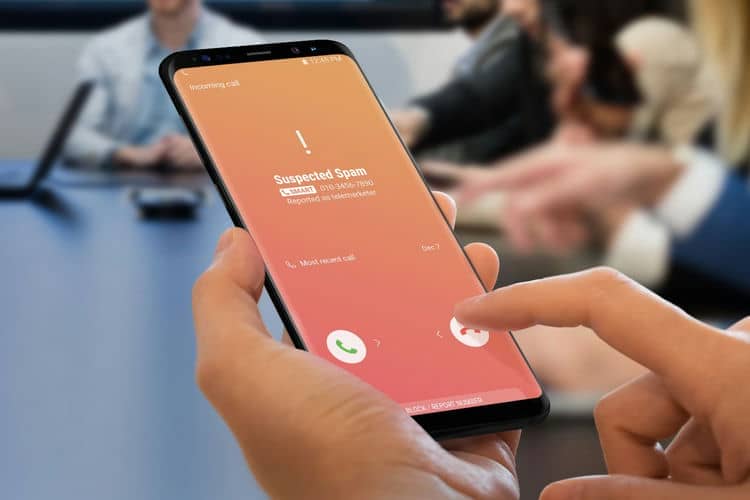Spam calls are unwelcome phone calls that are frequently placed to advertise goods or services, phish personal data, or spread malware. These are sent by telemarketers, con artists, or automated systems.
Unwanted emails or text messages – spam messages are frequently sent for the same reasons as spam calls are. They might have attachments or links to harmful websites that might infect your device with malware.

Majorly, spam calls and messages are UNWANTED, irritating, and even possibly unsafe. It’s critical to protect oneself by not responding to messages or calls from shady senders or unknown callers, clicking on links from suspicious sources, or downloading attachments. It’s a good idea to notify your phone provider or the relevant authorities, such as the Federal Trade Commission in the United States or HifiBeast (a website) if you receive a spam call or message.
Table of Contents
What to do with spam calls and messages?
Not just annoying, spam calls and messages can be harmful because they may attempt to deceive you into disclosing personal information or downloading any malicious software. You can take the following steps to protect yourself against spam calls and messages:
Check the caller ID on unknown numbers.
Before answering a call from an unknown number, check the caller ID. Don’t answer if the phone number is labeled as “private” or “unknown.” The same holds true for texts and messages sent by unauthorized parties on social media sites like Facebook and Twitter.
When scammers call or contact you online, don’t talk to them. Although it may be tempting, resist the urge to respond when someone offers you something for free. To prevent unauthorized access to your information, always keep your phone locked.
Hang up on cold calls.
Even if they claim you won anything (which is not true) or that you already won something and need your information to claim it again, hang up the phone as soon as you don’t know who the caller is or why they are calling.
Never give out personal information over the phone, even your phone number when someone offers to use it to get in touch with someone else.
What you should not do with spam calls and messages?
Spam phone calls and text messages are annoying. They are time-wasting, disliked, and occasionally extremely unsafe. Here are some suggestions for handling them:
Don’t click on links!
Before you click a link in an email, text, or phone, it’s crucial to verify the website address and contact information. Along with the firm name, you should also look at the company’s logo and email address. Avoid clicking anything you’re unsure of!
Do not purchase anything or make payments on spam calls.
It’s crucial to avoid making any purchases or payments as a result of a spam call or message because doing so increases your chance of falling victim to fraud. People are frequently duped into divulging their personal information or money by spam calls and emails.
A spam call might, for instance, offer you to pay to avoid difficulty or to receive a prize while posing as a representative of a reputable company or government organization. You can protect yourself from being a victim of these scams by refusing to make any transactions or payments over the call.
Take Away!
When receiving a call or text from someone you don’t know, you should always be cautious. Never answer calls from unknown callers, and avoid clicking links in emails from unknown senders. A caller’s identity should always be verified from sources like HifiBeast before picking up the phone. By refraining from doing things explained in the blog, you can better protect yourself against spam calls and messages as well as fraud and other fraudulent conduct.






